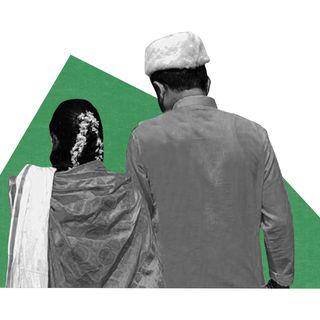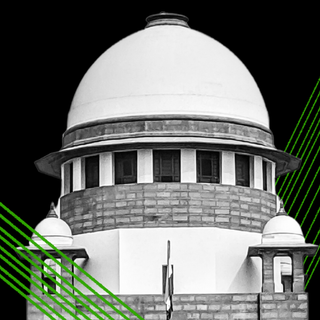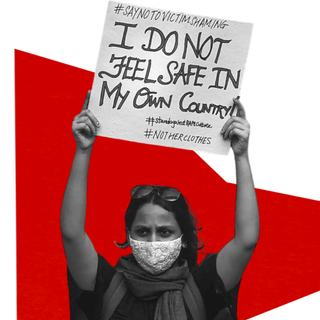Almost 27 state-level organizations, which include public health experts and activists, have opposed the Chhattisgarh government’s plans to privatize rural healthcare infrastructure in the state. The organizations will submit a memorandum of concerns and demands to the chief minister on July 1st.
Last week, Chief Minister Bhupesh Baghel announced plans to build private hospitals in rural areas to “strengthen health infrastructure” and make specialist doctors more widely available. He had asked for an action plan to see how the private sector can be provided grants to set up hospitals.
But experts have pointed out such a proposal will further distance the rural area from accessing healthcare by driving up prices. “We are not happy with this sudden decision. With this, healthcare in villages will be treated as an industry,” Deepika Joshi, a member of Jan Swasthya Abhiyan, a non-profit working for public health rights, told Gaon Connection.
The Covid19 pandemic has laid bare the various issues faced by rural hospitals and healthcare systems — the shortage of staff, tests, delays, closure of primary health care centers, lacking awareness also undergirded rural India’s fight.
But notably, public health hospitals have also saved many lives by offering affordable, accessible treatment for local people and marginalized communities who would have otherwise been unable to access private health systems. The system helped bridge part of the urban-rural divide.
“To provide health services to the people is the only way is to strengthen the public health system…The state government’s decision to privatize health services is in stark contrast to the concept of a welfare state,” said Alok Shukla, convener of Chhattisgarh Bachao Andolan, a state-level organization working for the rights of tribal communities.
Related on The Swaddle:
Rural Health Centres Lack 76% Of Specialist Doctors They Need: Govt Report
In their memorandum, the organizations noted “how the private sector has looted patients in the name of healthcare. The only way to provide healthcare in rural areas is to strengthen the public health infrastructure.”
To do this, the organizations propose increasing the health budget and ensuring the availability of medicines and other equipment. Weak points in the public health system currently include a shortage of ambulances and exploitation of women health workers (mitanins). They also urged the government to encourage doctors to work in tribal and remote areas and prioritizing facilities for nurses and ANMs (Auxiliary Nurse Midwives).
Moreover, since Chhattisgarh is a tribal-dominated state, experts worry the proposal to build private hospitals will deplete public land and money.
“Nearly 32% of the state comprises tribal areas,” Shukla told Gaon Connection. “In the name of setting up hospitals through the private sector, huge tracts of tribal land will be given away at nominal prices. Will specialists sit in remote and Naxalite-affected areas? Doctors in public hospitals do not even show up for work.”
The state’s health minister, T.S. Singh Deo, has termed the policy “inappropriate” and opposed the decision. “If you are promoting private doctors funded by the government, who are again going to charge people for treatment, it will be against the concept of free healthcare,” he told PTI. Private hospitals are helpful as long as they work without charging the people, he added.
Deepika Joshi also pointed the critical role public health systems play in rural areas. “If you want health resources to be available in rural areas, we have no previous example anywhere in the world where it has happened equitably through the private sector. It is always the public sector that will ensure accessibility, affordability, and availability,” she said.




